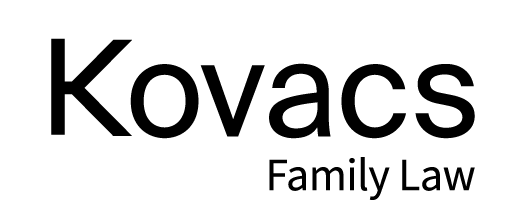Our pets are more than just property—they are beloved members of our families. But when a marriage or cohabitation ends, what happens to them? Who decides where they go?
In British Columbia, the Family Law Act now includes specific provisions addressing pets, referred to as companion animals. Under the Act, companion animals are considered property, but with important distinctions. A companion animal is not a guide dog or service dog, nor an animal kept for business or agricultural purposes. The term refers to what most of us think of as pets—dogs, cats and other animals kept for companionship.
Legal disputes over pets
Disputes about the division of family property—including companion animals—must be brought before the Supreme Court of British Columbia. When resolving such disputes, the Court may make an order declaring which spouse has ownership and the right of possession of the companion animal.
Importantly, the Act provides that the Court cannot:
- Order joint ownership or possession of a companion animal
- Order access or visitation rights to the animal for the non-owning spouse
This means that if the dispute is resolved through the Supreme Court, one spouse will receive the pet, and the other will not.
How the Supreme Court decides
In deciding which spouse receives the companion animal, the Court must consider several factors, including:
- Any other circumstances the Court consider relevant
- The circumstances in which the pet was acquired
- Each spouse’s role in caring for the pet
- Any history or risk of family violence
- Any cruelty, or threat of cruelty, toward animals
- The relationship between the pet and any child of the relationship
- Each spouse’s ability and willingness to meet the pet’s basic needs
Reaching an agreement outside of court
While the Act does not allow the Supreme Court to order shared ownership or possession, spouses can agree to arrangements that work for them. After separation, spouses may agree to:
- Jointly own a companion animal
- Share possession of the pet;
- Give one spouse exclusive ownership or possession.
If you and your former partner wish to share the care of your pet(s), this must be agreed upon between you. The agreement does not have to address all property—it can deal solely with the pet(s). This issue can also be resolved through mediation, which can be a more flexible and collaborative process.
How Kovacs Family Law can help
We can assist you in negotiating and drafting a separation agreement that reflects your wishes for your pet(s). Whether through direct negotiation or mediation, we are here to support you in resolving family disputes—including those involving companion animals.
To learn more or to discuss your situation, contact Kovacs Family Law at 604-642-6362 or complete our online form to schedule a free consultation. We’re here to help you find the right solution for you and your pets.
